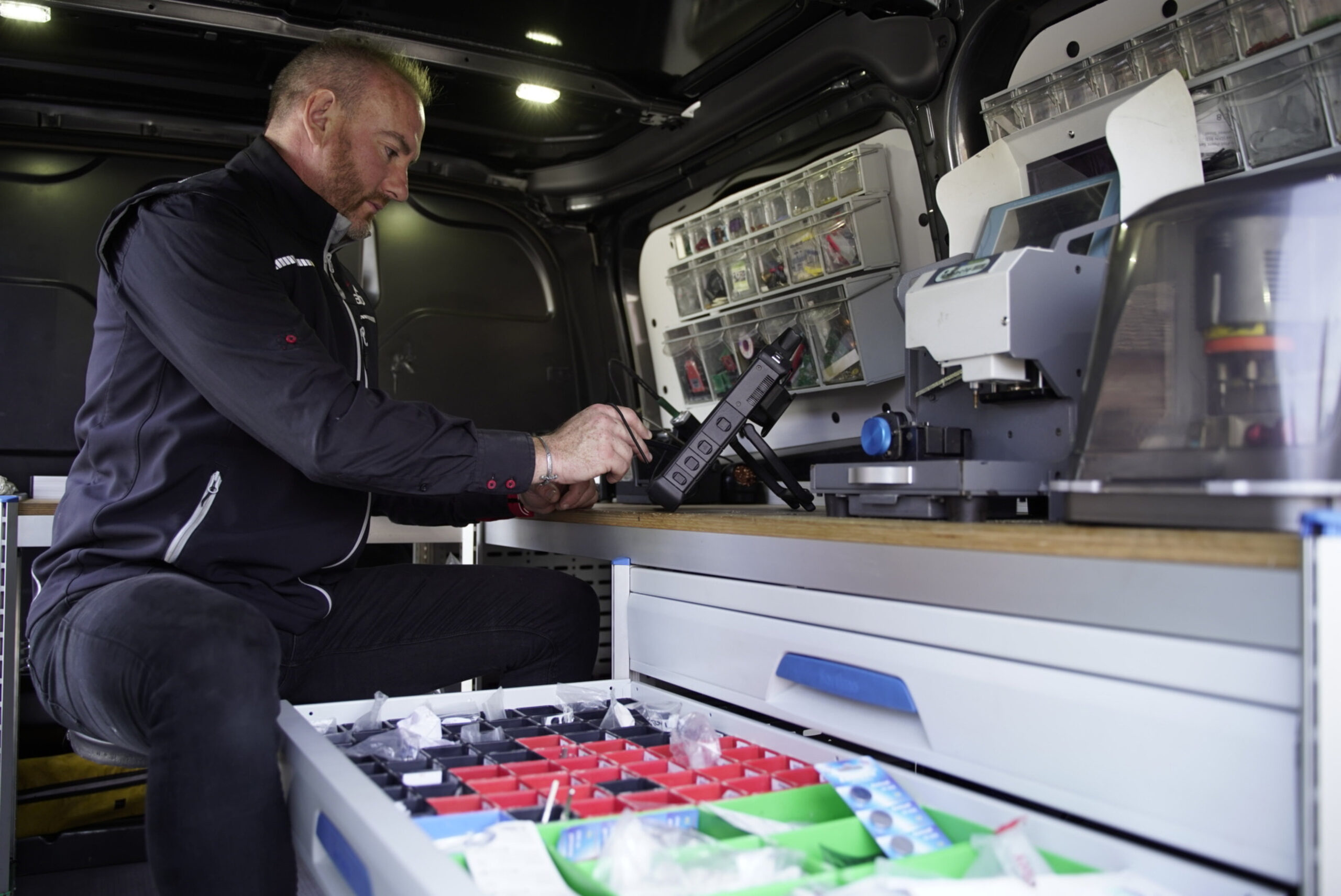
Replacement Key And Fob
Add a review FollowOverview
-
Founded Date 14/12/2022
-
Sectors Health Care
-
Posted Jobs 0
-
Viewed 6
Company Description
20 Things You Must Know About Replacement Key
Understanding Replacement Keys: Your Guide to Key Duplication and Replacement Options
Keys are an essential part of life, working as the entrances to our homes, lorries, and other protected spaces. Nevertheless, losing or damaging a key can lead to substantial inconvenience and expenses. Replacement keys provide a practical option, however the process can vary depending on the type of key and the company. This short article will explore the various kinds of keys, the replacement process, and provide essential info to assist you browse the world of key duplication and replacements.

Table of Contents
- Intro
- Kinds of Keys
- 2.1 Traditional Keys
- 2.2 Transponder Keys
- 2.3 Key Fobs
- 2.4 Smart Keys
- The Replacement Process
- 3.1 DIY vs Professional Replacement
- 3.2 Cost Considerations
- Often Asked Questions
- Conclusion
1. Intro
Replacement keys are essential in situations where the initial key is lost, stolen, or damaged. Comprehending your options and the replacement process can save time, money, and tension. Whether you need a basic metal key or an advanced electronic key, knowing the right steps can lead you to the best option.

2. Types of Keys
Keys can be found in various forms, each corresponding to various locking systems. Here are the most common kinds of keys:
2.1 Traditional Keys
Traditional keys are usually made from metal and have a simple design. They are frequently used for residential doors and easy locks.
- Pros: Easily duplicated, economical.
- Cons: Can be easily lost or reproduced, less safe and secure than modern-day alternatives.
2.2 Transponder Keys
Transponder keys are equipped with a chip that interacts with the vehicle’s ignition system. They offer additional security versus unauthorized use.
- Pros: Enhanced security, hard to replicate without appropriate equipment.
- Cons: More pricey to replace, may require shows.
2.3 Key Fobs
Key fobs are remote gadgets frequently utilized for keyless entry in automobiles. They may consist of additional functions such as panic buttons or trunk release.
- Pros: Convenience of keyless entry, includes beyond just locking/unlocking.
- Cons: Higher replacement electronic Car keys expenses, may need dealer services.
2.4 Smart Keys
Smart keys make use of innovative innovation, often allowing access without removing the key from your pocket or bag. These keys communicate wirelessly with the vehicle.
- Pros: Highly practical, integrated with innovative security features.
- Cons: Expensive, can be hard to replace if lost.
| Type | Pros | Cons |
|---|---|---|
| Traditional Keys | Quickly duplicated, economical | Quickly lost, less safe |
| Transponder Keys | Improved security | Pricey to replace |
| Key Fobs | Convenient, additional functions | Greater replacement costs |
| Smart Keys | Highly hassle-free | Really pricey |
3. The Replacement Process
The process of acquiring a replacement key varies based on the kind of key and where you pick to opt for replacement. Below are the main alternatives:
3.1 DIY vs Professional Replacement
- Do it yourself Replacement:
- Use key duplication kits available at hardware shops.
- Program transponder keys utilizing devices that might be leased or bought.
- Professional Replacement:
- Visit a locksmith professional for standard keys.
- For high-tech keys (like fobs or smart keys), it might be required to go to a dealership or specialized service supplier.
3.2 Cost Considerations
The expense of replacement keys can differ substantially based upon the type:
- Traditional Keys: ₤ 1-₤ 5 per key.
- Transponder Keys: ₤ 50-₤ 150 per key (consisting of programming).
- Key Fobs: ₤ 50-₤ 300 or more, depending on the design and functions.
- Smart Keys: ₤ 200-₤ 600, typically depending on dealer costs and shows.
Expense Comparison Table
| Key Type | Price quote Cost | Where to Replacement |
|---|---|---|
| Traditional Keys | ₤ 1-₤ 5 | Regional hardware shops |
| Transponder Keys | ₤ 50-₤ 150 | Locksmiths or dealerships |
| Key Fobs | ₤ 50-₤ 300 | Dealerships |
| Smart Keys | ₤ 200-₤ 600 | Dealers |
4. Frequently Asked Questions
Q1: How can I get a replacement key for my car?
To get a replacement key for your car, contact your dealership, a licensed locksmith, or a specialized key service. You might need to provide ownership evidence, such as registration.
Q2: Are all keys quickly replicated?
Not all keys can be duplicated easily. Conventional keys can be quickly copied, while transponder keys and clever keys might require specialized equipment or programs, making them more difficult and more expensive to replicate.
Q3: What should I do if I lose my last key?
If you lose your last key, it’s a good idea to call a locksmith or your dealership immediately. Having your vehicle identification number (VIN) or proof of ownership prepared will accelerate the replacement procedure.
Q4: Can I replace a clever key at home?
Usually, clever keys need professional assistance to replace, as they typically involve programs that can’t be done using DIY techniques. Checking out a dealer is suggested.
5. Conclusion
The world of replacement keys incorporates a range of choices, each with its factors to consider relating to expense, accessibility, and convenience. Knowing the distinctions between conventional and electronic keys, along with comprehending the replacement procedure, can considerably reduce the problem of losing or damaging your keys. Needs to the unfortunate situation develop where a key is lost or damaged, being notified about your alternatives makes sure a smoother replacement experience.
